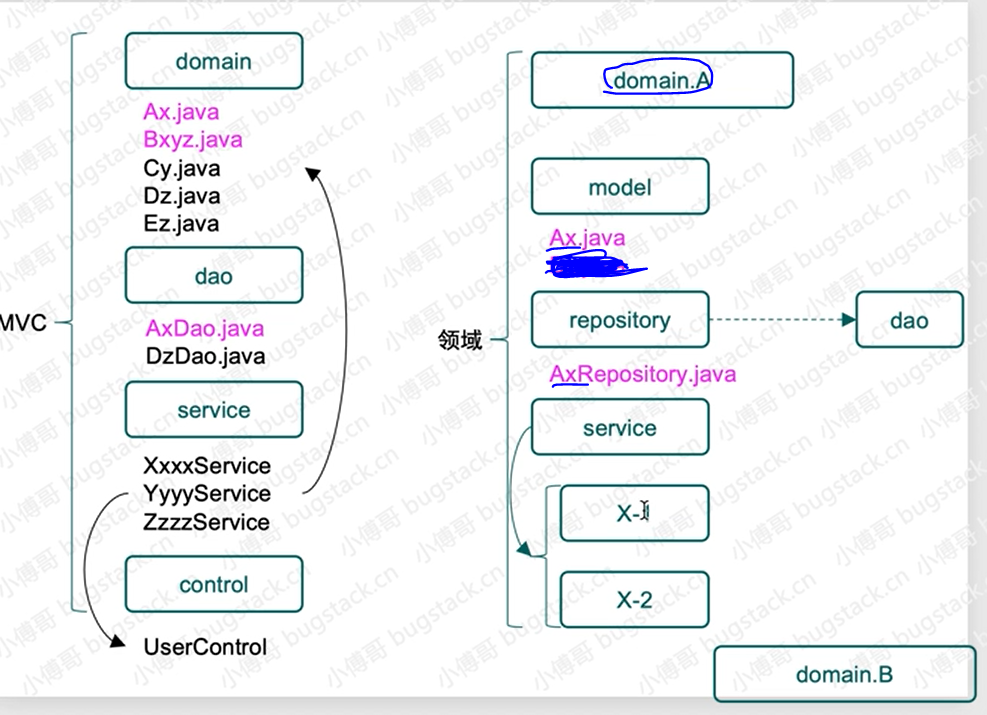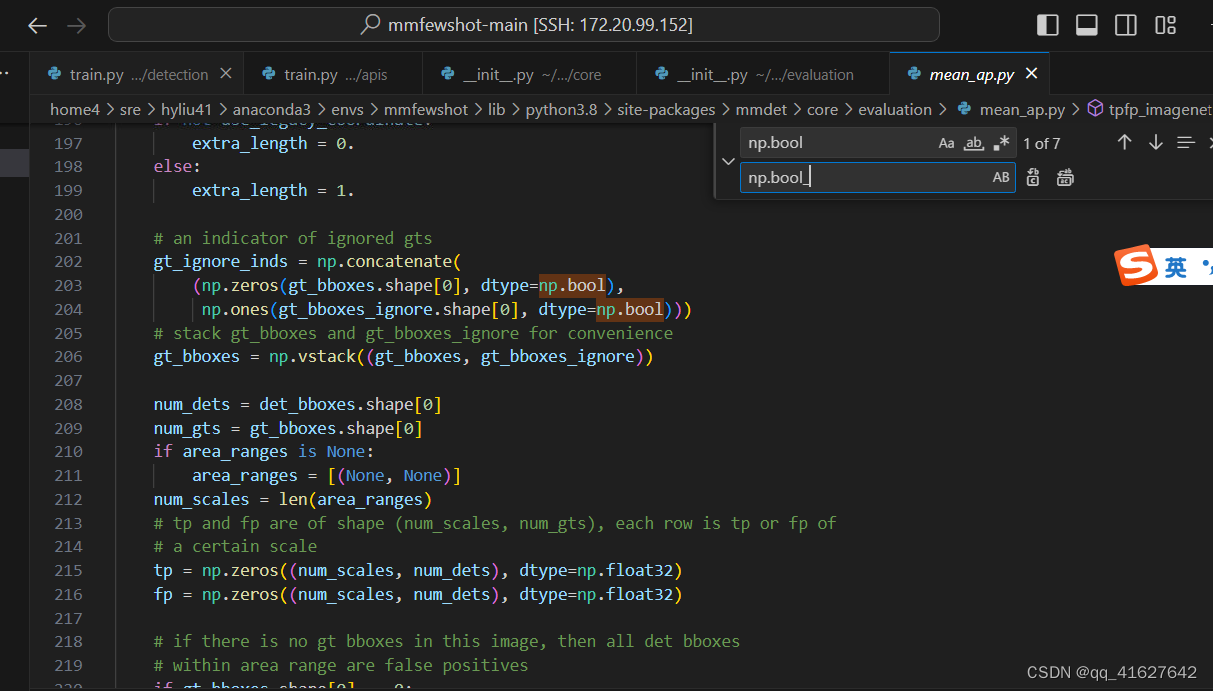python穷举已知字符串中某个或多个字符为大写的所有情况
可以使用递归函数来实现这个功能。以下是一个示例代码:
def generate_uppercase_combinations(s, index=0, current=''):
if index == len(s):
print(current)
return
generate_uppercase_combinations(s, index + 1, current + s[index])
if s[index].isalpha() and s[index].islower():
generate_uppercase_combinations(s, index + 1, current + s[index].upper())
# 测试代码
s = "abc"
generate_uppercase_combinations(s)
generate_uppercase_combinations函数接受一个字符串s和两个可选参数index和current。index表示当前处理的字符的索引,current表示当前生成的字符串。函数首先将不改变当前字符大小写继续进行递归调用,然后将当前字符转为大写后进行递归调用。最终会打印出所有可能的情况。
在示例中,给定字符串为"abc",会依次输出:“abc”、“abC”、“aBc”、“aBC”、“Abc”、“AbC”、“ABc”、“ABC”。
把生成的所有结果写入result.txt
def generate_uppercase_combinations(s, index=0, current='', output_file='result.txt'):
if index == len(s):
with open(output_file, 'a') as file:
file.write(current + '\n')
return
generate_uppercase_combinations(s, index + 1, current + s[index], output_file)
if s[index].isalpha() and s[index].islower():
generate_uppercase_combinations(s, index + 1, current + s[index].upper(), output_file)
# 测试代码
s = "abc"
with open('result.txt', 'w') as file:
file.write('')
generate_uppercase_combinations(s)
output_file参数用于指定结果输出的文件名result.txt。
在递归函数中,当生成完一组结果后,将结果写入到文件中。
在测试代码中,先创建或清空result.txt文件,然后调用函数生成结果并写入文件。
最终结果会保存在result.txt文件中。
可以根据需求修改输入字符串s和结果文件名。
- - - -
我的密码什么时候才能找回来啊😿


![BUUCTF[PWN][fastbin attack]](https://img-blog.csdnimg.cn/img_convert/f4d6c22660d4d1fc1e551769a12ef9de.png)
















